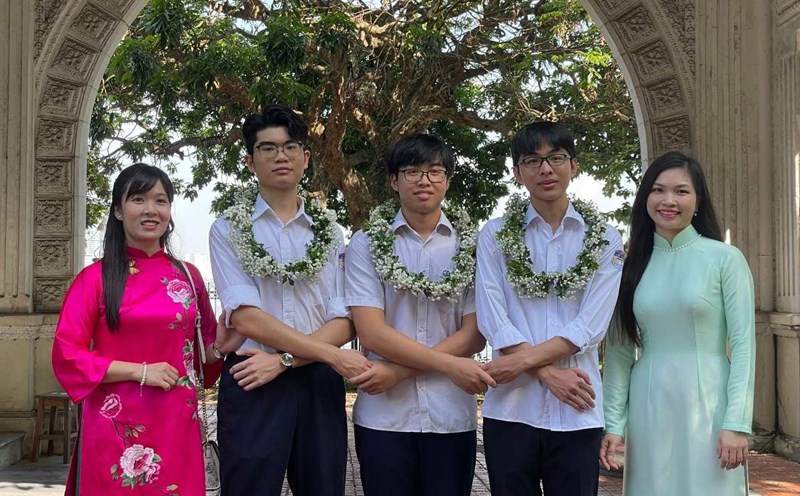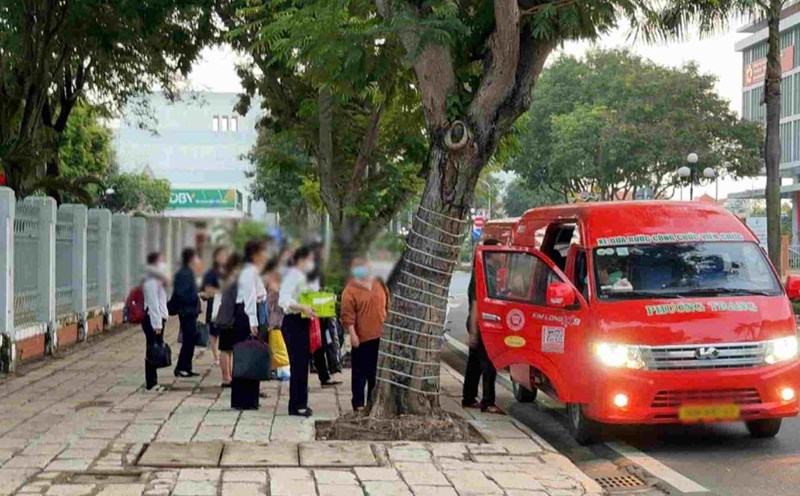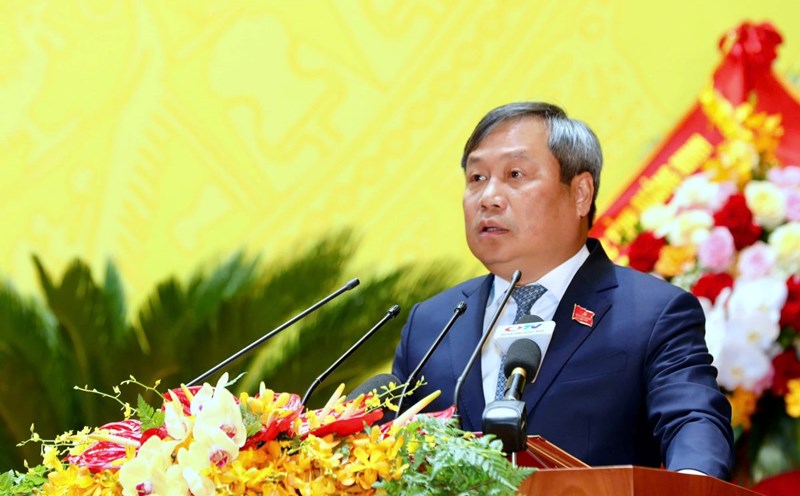The information was announced by Deputy Minister of Education and Training (MOET) Pham Ngoc Thuong at the Conference summarizing the 2025 high school graduation exam and preparing for the 2026 exam, held on the afternoon of September 26 in Ho Chi Minh City.
According to Mr. Thuong, public opinion initially thought that the Math and English exam questions were difficult, but the actual results proved the opposite. The exam ensures differentiation and accurate reflection of students' abilities, without any puzzlement.
According to the report of the Ministry of Education and Training, the 2025 high school graduation exam is the first year to build an open-ended exam library in accordance with the one-stop-shop method of many textbooks.
The results of the analysis of the subjects show that many subjects such as Literature, Math, Chemistry, Physics, Biology, etc. no longer focus on learning in model situations, but require students to understand the nature, apply knowledge into practice, explain phenomena or solve situations.
This year's English scores are dispersed, no longer the two peaks as before; the average score is 5.38 with 141 candidates reaching 10 points. Math also has a natural score range from low to high, not clustered at 8-9 points. Notably, there are still more than 500 scores of 10, affirming that the difficulty is only to classify really good students.
In addition to Math and English, many other subjects such as Literature, Chemistry, Physics, Biology... all have exam questions closely following the 2018 General Education Program, requiring students to apply knowledge instead of learning by machine. Scoring subjects that demonstrate reasonable differentiation, meeting the goals of considering high school graduation and evaluating teaching quality.
The Ministry of Education and Training emphasized that adjusting the graduation score calculation structure (50% of exam scores + 50% of learning process scores) and reducing the number of exam subjects from 6 to 4 has contributed to reducing pressure, while being associated with career orientation.
According to the Ministry of Education and Training, this is also an opportunity for students to change their learning methods - from practicing tips, learning a closet to understanding the nature, practicing problem-solving skills. This change is considered a sustainable foundation for students in the context of the 4.0 industrial revolution, towards "real learning, real competition, real talent".











